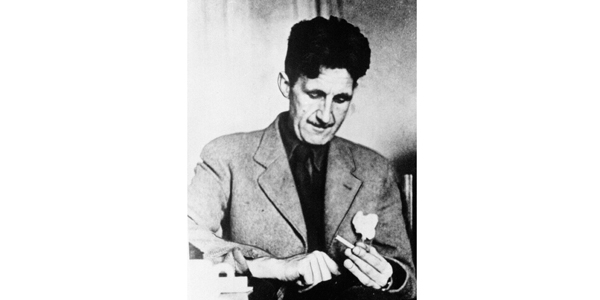I suppose I would describe the method I adopted in producing my translation of the New Testament as “Nabokovian”. Not that I was attempting to write like Nabokov, of course; I mean only that I took something like the approach he took in his famous (or notorious) Bollingen critical edition of Eugene Onegin. I decided at the very start that, if there was to be any justification for a new translation at all, my first obligation was to attempt to communicate not what I believe the original text means, but simply what it says.
In the patois of translation theory, that puts my rendering firmly on the side of “formal equivalence” rather than of “dynamic equivalence” – though, really, I prefer to avoid theory altogether and simply to think of the final product as “scrupulous to a fault” (at least, when my impulse to self-flattery is at its strongest).



